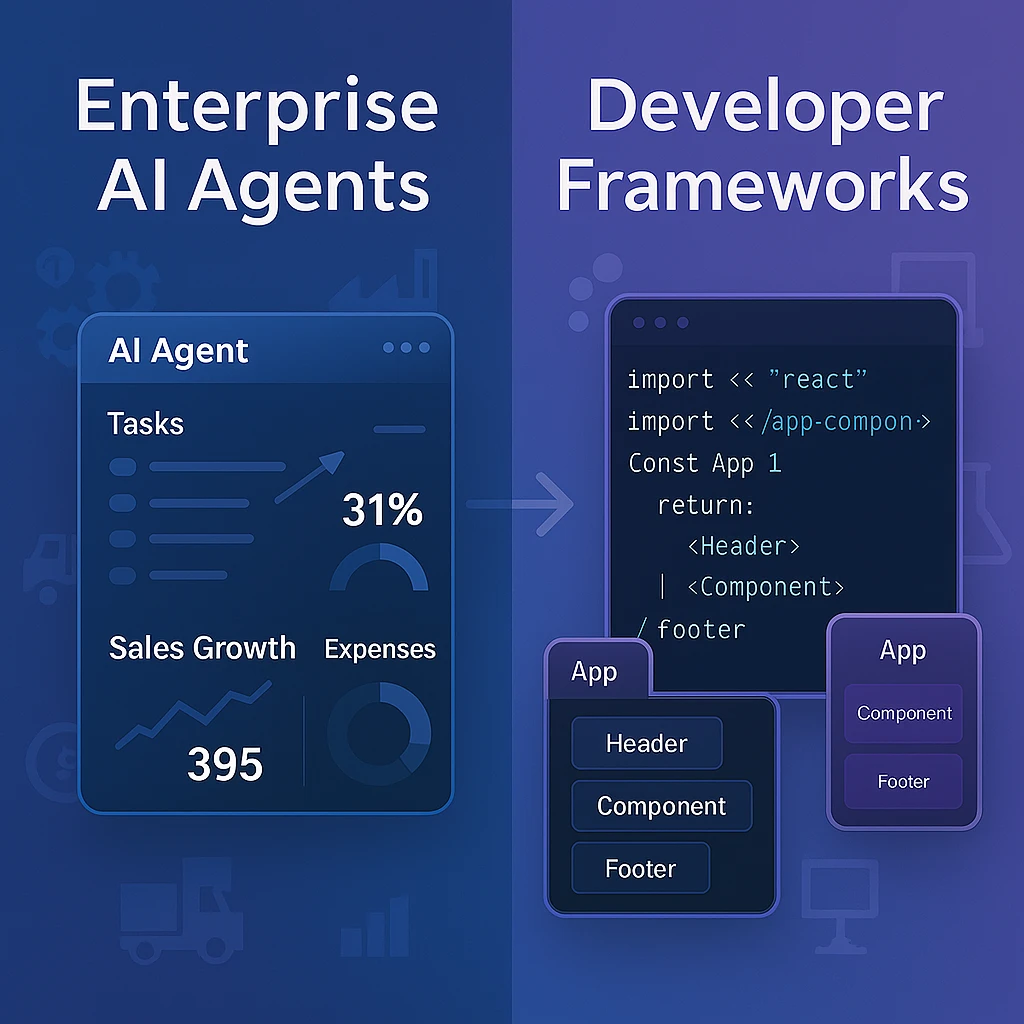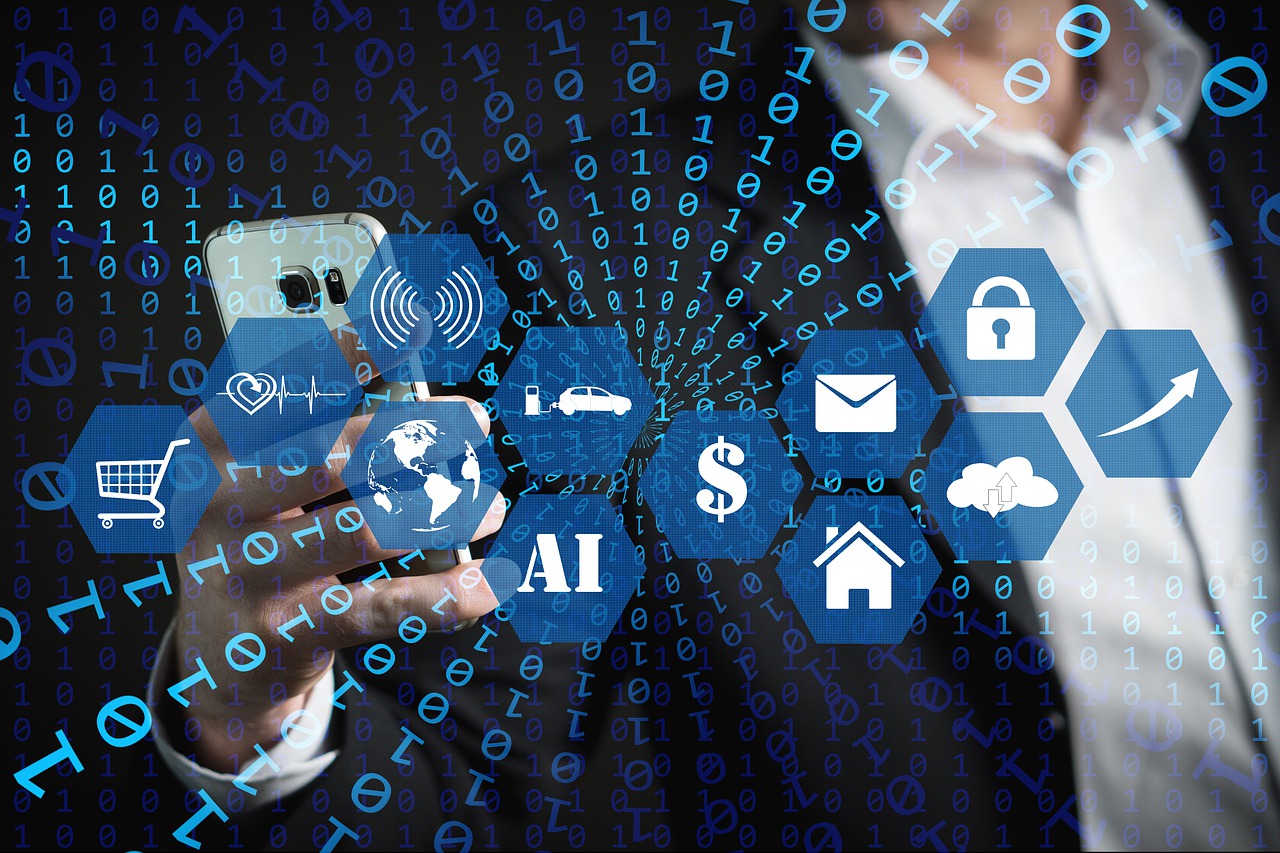Table of Contents
- Understanding Modern AI Agents: Beyond Simple Automation
- Key Evaluation Criteria for AI Agent Frameworks
- Reasoning Capabilities
- Tool Integration Flexibility
- Development Experience
- Security and Compliance
- Cost Structure
- Top Commercial AI Agent Frameworks in 2025
- Anthropic Claude Agents
- Microsoft Copilot Studio
- OpenAI Agents Platform
- Google Vertex AI Agents
- Leading Open-Source AI Agent Frameworks
- AutoGPT 5.0
- LangChain Agents
- CrewAI
- Specialized AI Agent Tools for Specific Industries
- Adept for Enterprise Data
- Harvey for Legal
- Hippocratic AI for Healthcare
- Implementation Considerations and Best Practices
- Define Clear Success Metrics
- Start With Bounded Use Cases
- Plan for Human-AI Collaboration
- Address Data Quality Early
- Security and Governance Framework
- Future Trends in AI Agent Development
- Multimodal Agents
- Agent-to-Agent Marketplaces
- Advanced Reasoning Techniques
- Democratized Agent Development
- Selecting the Right AI Agent Solution for Your Needs
Margabagus.com – The AI agent market has exploded to $18.5 billion in 2025, with 78% of Fortune 500 companies now deploying some form of autonomous AI agents across their operations. This radical shift isn’t just about chatbots anymore—we’re witnessing the emergence of sophisticated AI Agents capable of reasoning, planning, and executing complex tasks with minimal human supervision. Whether you’re a developer looking for the best AI agent frameworks 2025 has to offer or a business leader seeking efficiency gains, the landscape of available tools is vast and often confusing. What separates truly transformative platforms from expensive distractions? I’ve spent months analyzing the major players to help you navigate this rapidly evolving ecosystem.
Understanding Modern AI Agents: Beyond Simple Automation

Photo by charlesdeluvio on Unsplash
Today’s AI agents have evolved far beyond their predecessors. Unlike traditional automation tools that follow rigid rules, modern agents can understand context, adapt to changing conditions, and even collaborate with other agents or humans to solve problems.
“The fundamental difference is that modern agents don’t just execute pre-defined tasks—they can reason about how to approach novel problems and learn from their experiences,” explains Dr. Eleanor Chen, Director of AI Research at Stanford’s Human-Centered AI Institute. This shift has profound implications for businesses and developers alike.
The most effective AI agents today combine several critical capabilities:
- Reasoning: The ability to process information logically and make decisions
- Planning: Breaking complex tasks into manageable steps
- Memory: Maintaining context and learning from past interactions
- Tool use: Leveraging external resources and APIs to expand capabilities
- Self-improvement: Learning from successes and failures to optimize performance
As Suleyman Arafat, former VP of Product at Anthropic, noted in his 2024 Web Summit keynote: “The revolution in agent technology isn’t about having AI systems that can do one thing perfectly—it’s about systems that can coordinate multiple abilities to solve problems in ways we never explicitly programmed.”
Key Evaluation Criteria for AI Agent Frameworks
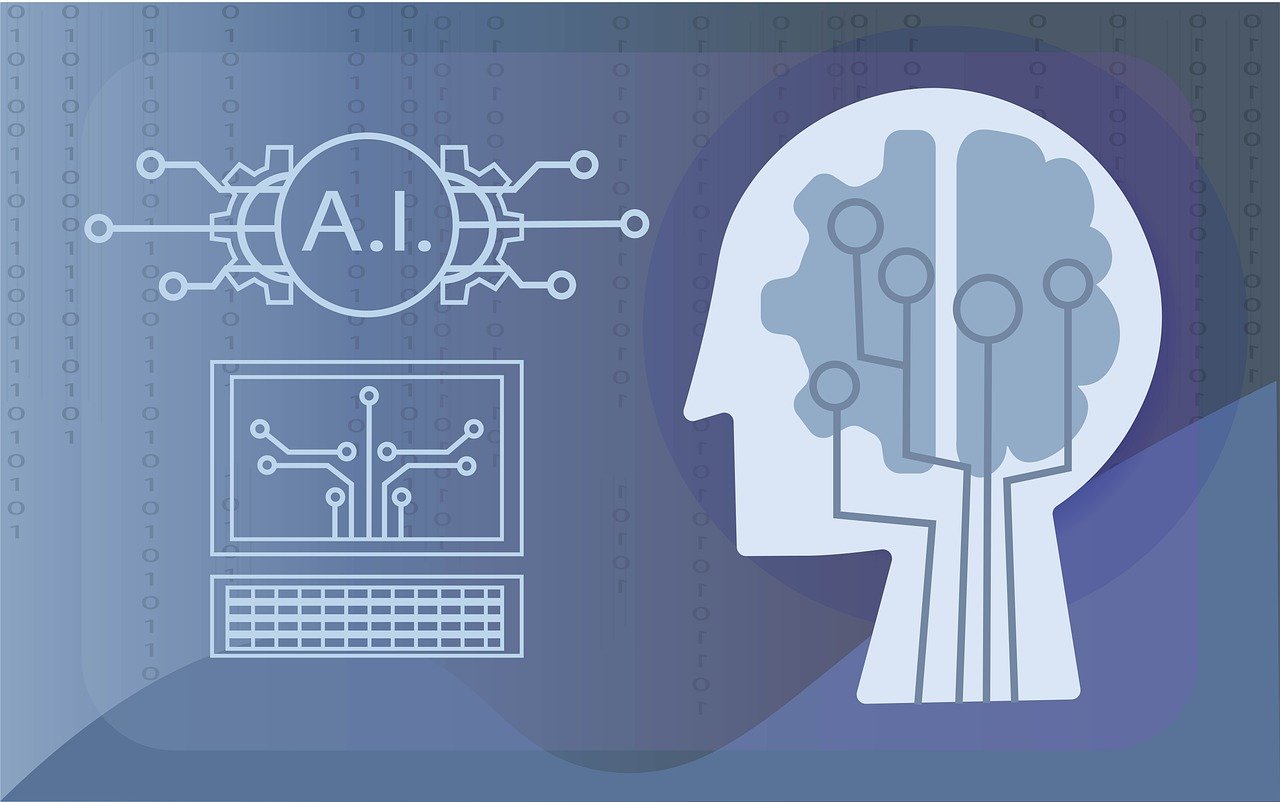
Photo by emerson23work on Pixabay
Before diving into specific tools, let’s establish the crucial factors to consider when evaluating AI agent development tools:
1. Reasoning Capabilities
The fundamental intelligence of the agent matters tremendously. This typically comes down to:
- The underlying large language model (LLM) or foundation model
- Reasoning frameworks (chain-of-thought, tree-of-thought, etc.)
- Ability to break down complex problems
According to a 2025 MIT Technology Review analysis, agents built on frontier models achieved 73% higher success rates on complex tasks compared to those using models from just a year earlier.
2. Tool Integration Flexibility
Modern agents gain much of their power from their ability to use external tools and APIs:
- Native integrations with popular services
- Custom tool creation capabilities
- API calling reliability and error handling
3. Development Experience
For technical teams, the development workflow significantly impacts productivity:
- SDK quality and documentation
- Testing and debugging capabilities
- Deployment options (cloud, on-premise, hybrid)
4. Security and Compliance
Enterprise deployments demand robust security:
- Data protection and privacy controls
- Compliance certifications (SOC 2, GDPR, HIPAA, etc.)
- Audit logging and monitoring
5. Cost Structure
The economics can vary dramatically:
- Per-agent pricing vs. inference-based pricing
- Development costs vs. operational costs
- Scaling economics
With these criteria in mind, let’s examine the leading commercial solutions.
Check out this fascinating article: Build Your First AI Agent: Step-by-Step Guide 2025
Top Commercial AI Agent Frameworks in 2025
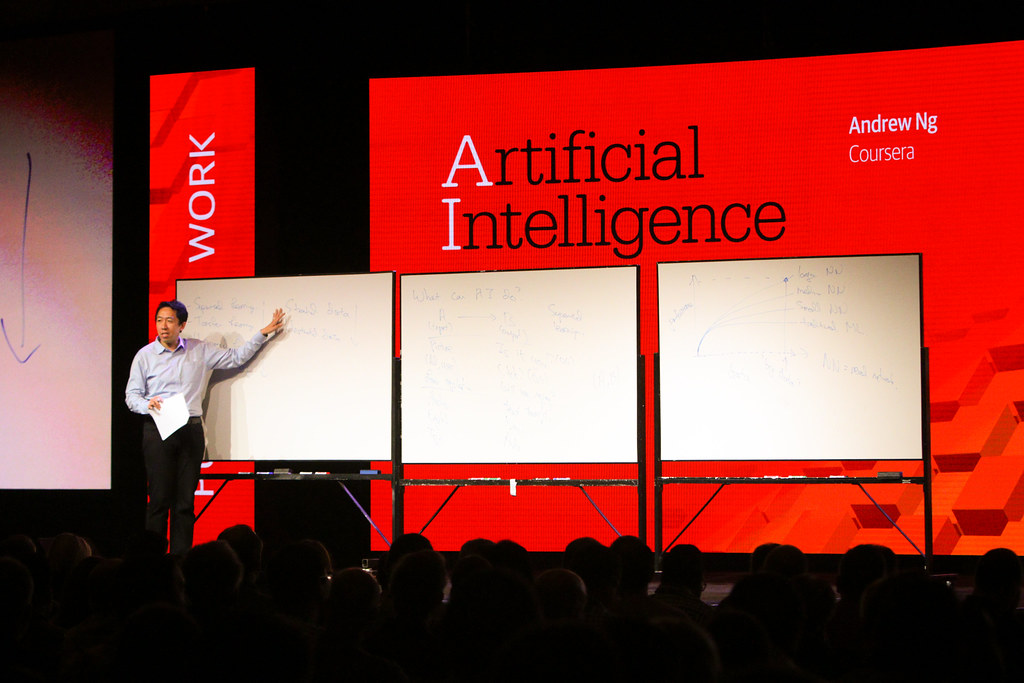
“Artificial Intelligence 2017 San Francisco” by O’Reilly Conferences is licensed under CC BY-NC 2.0
1. Anthropic Claude Agents
Anthropic’s Claude Agents platform has emerged as a market leader, particularly for enterprise AI agent tools for business automation. Built on their Claude 3.7 Opus foundation model, it provides remarkable reasoning capabilities with a strong focus on safety and reliability.
Key Strengths:
- Industry-leading reasoning capabilities with Claude’s Constitutional AI approach
- Exceptional natural language understanding and generation
- Enterprise-grade security and compliance (SOC 2 Type II, HIPAA, GDPR)
- Robust memory and context management (up to 200,000 tokens)
Limitations:
- Higher cost compared to some alternatives
- Somewhat more complex setup process
- More limited customization for unique reasoning approaches
Ideal For: Large enterprises requiring sophisticated reasoning, especially in regulated industries like healthcare, finance, and legal.
Pricing: Starting at $0.08 per 1,000 input tokens and $0.24 per 1,000 output tokens, with enterprise volume discounts available.
Laura Johnson, CTO at HealthStream, implemented Claude Agents to automate complex medical coding: “We’ve achieved 87% accuracy on complex medical coding tasks, reducing processing time from days to minutes while maintaining HIPAA compliance.”
2. Microsoft Copilot Studio
Building on the success of Microsoft’s Copilot for various applications, Copilot Studio has evolved into a comprehensive enterprise AI agent implementation platform that excels in Microsoft ecosystem integration.
Key Strengths:
- Seamless integration with Microsoft 365 and Azure
- No-code/low-code agent building tools for business users
- Strong security and governance features
- Transparent pricing model with predictable costs
Limitations:
- Most valuable for organizations already invested in Microsoft ecosystems
- Less flexible for custom reasoning approaches
- More limited third-party integrations compared to some competitors
Ideal For: Organizations heavily invested in Microsoft technologies seeking to automate business processes across their existing systems.
Pricing: Three-tiered model starting at $20 per user/month for basic features, with premium tier at $50 per user/month providing advanced capabilities.
3. OpenAI Agents Platform
OpenAI’s dedicated agent platform builds upon their GPT models to offer powerful, flexible agent development capabilities.
Key Strengths:
- Built on leading GPT foundation models
- Strong developer experience with clean, intuitive APIs
- Extensive function-calling capabilities
- Impressive multi-agent orchestration
Limitations:
- Less specialized for enterprise governance compared to competitors
- Higher inference costs at scale
- Privacy concerns for some use cases
Ideal For: Developers building cutting-edge applications where reasoning power and natural language capabilities are paramount.
Pricing: Variable, based on model usage. GPT-4o costs approximately $0.01 per 1,000 input tokens and $0.03 per 1,000 output tokens, with agent orchestration adding 30% to base costs.
According to Omar Khouri, Lead AI Engineer at Shopify: “OpenAI’s agent platform reduced our e-commerce support ticket resolution time by 63% while improving customer satisfaction scores by 27%.”
4. Google Vertex AI Agents
Google’s enterprise-focused agent platform leverages their Gemini Ultra models and provides tight integration with Google Cloud services.
Key Strengths:
- Deep integration with Google Cloud Platform
- Impressive multimodal capabilities (text, images, video, audio)
- Enterprise-grade security and monitoring
- Strong structured data handling
Limitations:
- More complex deployment compared to some alternatives
- Higher technical expertise required
- Best value when used with other Google Cloud services
Ideal For: Organizations using Google Cloud who need multimodal agent capabilities and have technical teams comfortable with GCP.
Pricing: Tiered model based on Gemini model version and usage volume, starting at $0.0125 per 1,000 input tokens and $0.0375 per 1,000 output tokens for Gemini Pro, with higher rates for Gemini Ultra.
Leading Open-Source AI Agent Frameworks
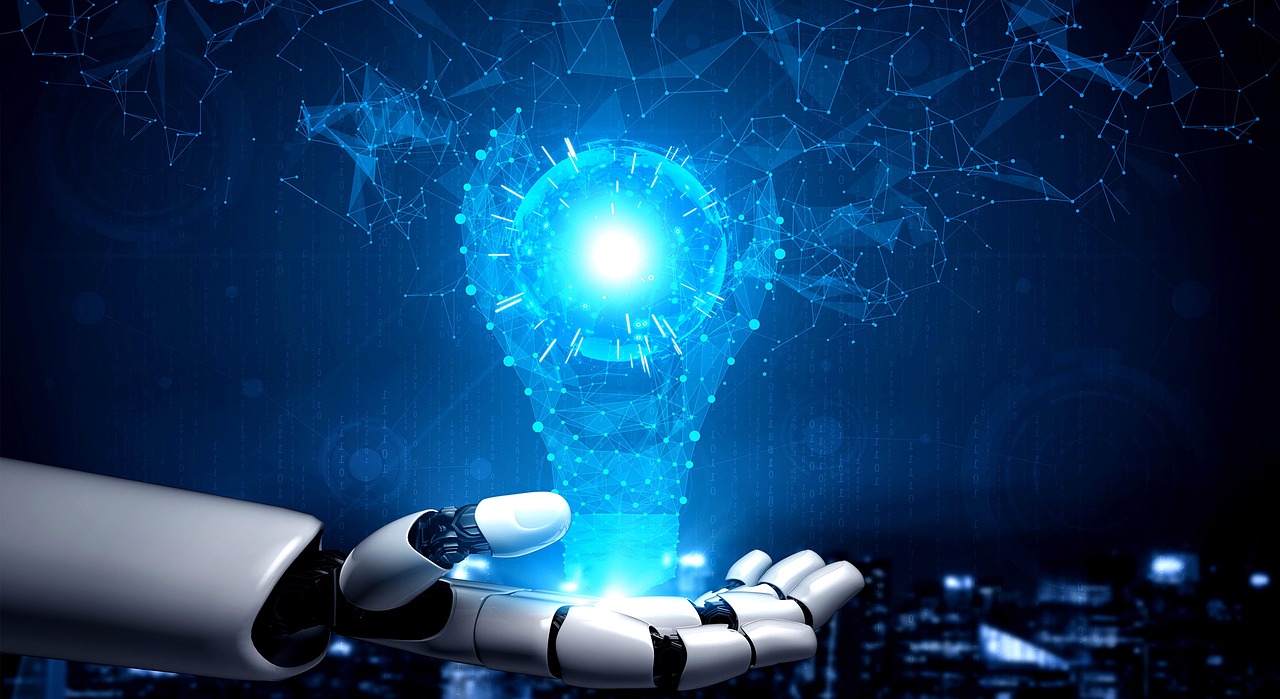
Photo by tungnguyen0905 on Pixabay
For organizations with technical expertise and custom requirements, open-source AI agent frameworks offer compelling alternatives to commercial platforms.
1. AutoGPT 5.0
AutoGPT has evolved significantly since its viral early versions, now offering a robust, production-ready agent framework.
Key Strengths:
- Fully open-source with an active community
- Flexible model backend (can use OpenAI, Anthropic, open models)
- Advanced planning and task decomposition
- Clear, transparent agent reasoning
Limitations:
- Requires technical expertise to deploy effectively
- Security and compliance must be handled separately
- Performance depends heavily on the underlying model selection
Ideal For: Technical teams wanting maximum flexibility and transparency in their agent implementations.
Dr. Michael Brighton, AI Researcher at ETH Zurich, states: “AutoGPT 5.0 represents a significant advancement in open-source agent architectures, particularly in its ability to handle complex, multi-step reasoning without falling into the common traps of earlier systems.”
2. LangChain Agents
LangChain’s agent framework has matured into a powerful option for developers who want fine-grained control over agent behavior.
Key Strengths:
- Highly modular architecture
- Extensive tool integration ecosystem
- Strong support for custom reasoning patterns
- Excellent documentation and examples
Limitations:
- Steep learning curve for beginners
- Requires careful engineering for production deployment
- Less turnkey than commercial options
Ideal For: Developer teams who want granular control over agent behavior and reasoning processes.
3. CrewAI
A newer entrant focusing specifically on multi-agent collaboration, CrewAI has gained traction for complex workflows requiring specialized agents working together.
Key Strengths:
- Innovative multi-agent orchestration
- Role-based agent specialization
- Efficient agent-to-agent communication
- Transparent workflow visualization
Limitations:
- Less mature than some alternatives
- Smaller community and ecosystem
- Currently more focused on research than production
Ideal For: Applications requiring multiple specialized agents working together, such as complex research, creative work, or multi-stage business processes.
Venture capital firm Andreessen Horowitz highlighted CrewAI in their 2025 AI Landscape report: “CrewAI’s approach to specialized agent roles mirrors human team structures in ways that single-agent systems cannot match, potentially opening new frontiers for collaborative AI.”
Check out this fascinating article: Complete AI Pricing Guide: Manus vs ChatGPT vs Claude AI vs Gemini AI Advandce
Specialized AI Agent Tools for Specific Industries
Beyond general-purpose frameworks, several tools focus on specific industry needs:
1. Adept for Enterprise Data
Adept has positioned itself as the leader for agents that work with enterprise data systems, with particularly strong capabilities for database interaction, analysis, and business intelligence.
Key Strengths:
- Native integration with major database and BI platforms
- Superior SQL generation and optimization
- Strong data visualization capabilities
- Enterprise security features focused on sensitive data
Ideal For: Data-intensive operations, particularly in finance, retail, and manufacturing.
2. Harvey for Legal
The legal industry has seen significant disruption from Harvey’s specialized agent platform, designed specifically for legal research, document analysis, and contract review.
Key Strengths:
- Trained on vast legal corpora
- Native understanding of legal concepts and terminology
- Superior contract analysis capabilities
- Jurisdiction-aware reasoning
Ideal For: Law firms and legal departments seeking to automate research and document review.
3. Hippocratic AI for Healthcare
Focusing exclusively on healthcare, Hippocratic AI has developed highly specialized agents for clinical support, patient engagement, and medical research.
Key Strengths:
- Medical knowledge trained and validated by physicians
- HIPAA-compliant by design
- Integration with major EHR systems
- Clinical safety frameworks built-in
Ideal For: Healthcare providers and research institutions requiring specialized medical knowledge and compliance.
According to a 2025 KLAS Research report, Hippocratic AI agents achieved a 91% accuracy rate on complex clinical decision support tasks, exceeding the industry average of 76%.
Implementation Considerations and Best Practices

Photo by Nubelson Fernandes on Unsplash
Successfully deploying AI agents requires careful planning beyond selecting the right framework:
1. Define Clear Success Metrics
Before implementation, establish quantifiable goals:
- Time saved per process
- Error reduction percentages
- Customer satisfaction improvements
- Return on investment timeframes
2. Start With Bounded Use Cases
According to McKinsey’s 2025 AI Implementation Survey, organizations that began with clearly defined, limited-scope agent deployments were 3.7x more likely to achieve positive ROI within six months compared to those attempting broad implementations.
“The most successful agent deployments start with a single, well-defined process that has clear inputs and outputs,” explains Samantha Wong, Director of Digital Transformation at Deloitte. “Once you prove value there, expansion becomes much easier to justify.”
3. Plan for Human-AI Collaboration
The most effective implementations typically involve human-AI collaboration rather than full automation:
- Establish clear oversight processes
- Design effective escalation paths
- Train staff to work effectively with AI agents
- Create feedback loops for continuous improvement
4. Address Data Quality Early
Agent performance depends heavily on the quality of data they can access:
- Audit existing data sources before implementation
- Establish data cleaning and preparation workflows
- Create consistent data access patterns
- Implement ongoing data quality monitoring
5. Security and Governance Framework
Develop a comprehensive governance structure:
- Access controls and user permissions
- Audit logging for all agent actions
- Regular security assessments
- Compliance documentation
Dr. James Fitzgerald, Chief Information Security Officer at Capital One, emphasizes: “Agent security requires thinking beyond traditional AI safeguards. You’re essentially giving AI systems the ability to take actions across your organization, which demands a new security paradigm.”
Check out this fascinating article: The No-Code Revolution: Building Custom AI Agents Without Writing a Single Line of Code
Future Trends in AI Agent Development

Photo by Fotis Fotopoulos on Unsplash
Looking beyond 2025, several emerging trends will likely shape the AI agent landscape:
1. Multimodal Agents
Agents capable of processing and generating across text, images, audio, and video simultaneously will become the norm rather than the exception.
“The next generation of agents will be fundamentally multimodal, interacting with the world much more like humans do,” predicts Dr. Fei-Fei Li, Co-Director of Stanford’s Human-Centered AI Institute.
2. Agent-to-Agent Marketplaces
Specialized agents that can be composed into workflows are emerging, with standardized interfaces allowing different agents to collaborate effectively.
The World Economic Forum’s 2025 Future of AI report projects that agent marketplaces will grow to a $12 billion market by 2027, with over 500,000 specialized agents available for enterprise deployment.
3. Advanced Reasoning Techniques
New reasoning approaches beyond current techniques will enable more sophisticated problem-solving:
- Simulation-based reasoning
- Formal verification of agent reasoning steps
- Causal reasoning models
- Hybrid symbolic-neural approaches
4. Democratized Agent Development
As development tools mature, the ability to create and deploy custom agents will extend beyond technical specialists:
- More sophisticated no-code interfaces
- Business logic expressed in natural language
- Automated agent optimization and testing
- Simplified deployment and monitoring
Selecting the Right AI Agent Solution for Your Needs

Photo by Desola Lanre-Ologun on Unsplash
The rapidly evolving landscape of AI Frameworks and Agent Tools offers unprecedented opportunities for organizations willing to invest in this technology. As you evaluate options, consider these final recommendations:
- Align with organizational capabilities: Be honest about your technical capabilities and choose solutions that match your team’s expertise.
- Prioritize business value: Select use cases where agents can deliver clear, measurable impact rather than implementing agents for their own sake.
- Balance innovation with reliability: The most cutting-edge solutions aren’t always the most dependable for business-critical processes.
- Plan for the long term: Consider how your agent strategy will evolve as both your needs and the technology landscape change.
- Start small, but think big: Begin with focused implementations that can demonstrate clear ROI, but develop a vision for how agents might transform your organization more broadly.
The organizations seeing the greatest success with AI agents in 2025 aren’t necessarily those using the most advanced technology, but rather those with the clearest understanding of how agents fit into their broader business and technology strategy.
As Microsoft CEO Satya Nadella noted at the 2025 World Economic Forum: “The AI agent revolution isn’t primarily a technology story—it’s about reimagining how work gets done and how organizations create value in fundamentally new ways.”
For businesses and developers navigating this landscape, the key is finding the right balance between ambition and practicality, leveraging these powerful new tools to solve real problems while building the capabilities that will drive future innovation.
